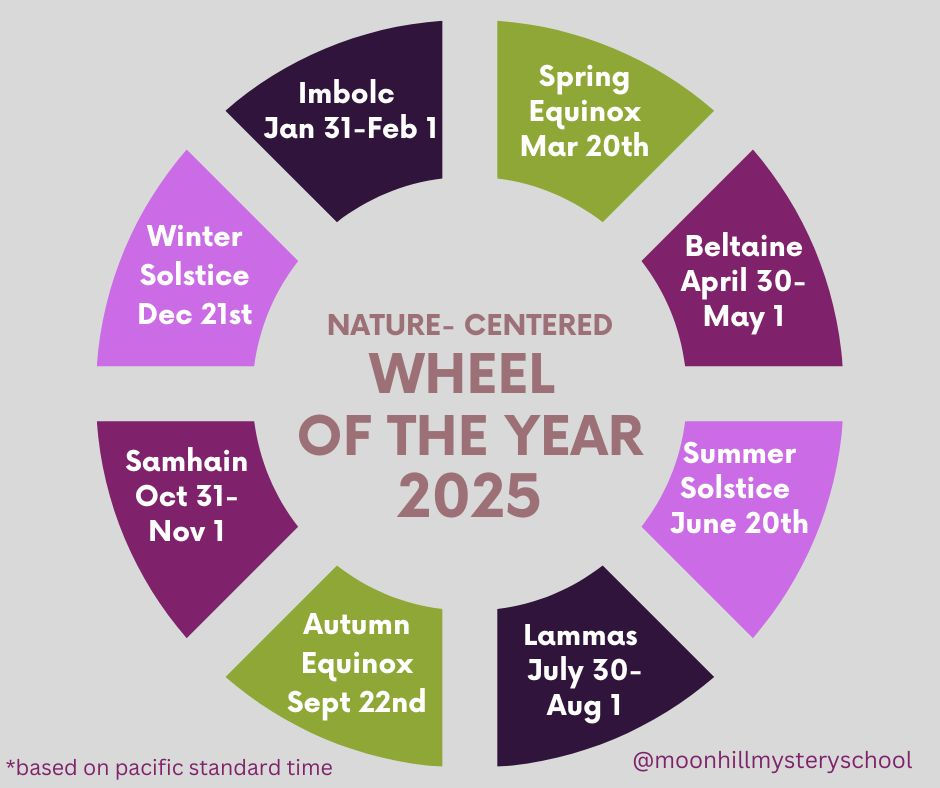Ecopsychology through the lens of Moonhill Mystery School.
- Karin Olsen

- Jun 27, 2021
- 1 min read
Updated: Apr 19, 2022

The four Principles to Moonhill Mystery School are Mysticism, Social Justice Ecopsychology, and Nature Connection/Seasonal Practices.
What is Ecopsychology?
Used as a therapeutic technique and ideology Ecopsychology connects people psychologically by bringing them spiritually closer to nature and their environment. Ecopsychology framing seeks to expand and remedy the emotional disconnect between humans and nature. An ecopsychology frame guides the foundational organization of Moonhill Mystery School (MMS).
Ecopsychology brings together the consciousness of humans with the connection to the environment, creating a pathway for deeper understanding of self. The belief that a healthy psychological or mental state requires a connection to nature frames the theory of ecopsychology. Ecopsychology, being in its fourth decade, has taught society the value of nature connection through cultural investigation, cognitive explorations, and research (Kahn & Hasbach, 2012). Ecopsychology explores the rift between nature and humans and the impact on humans’ health, mental stability and wellness (Brown, 1995). As we seek to repair our relationship to nature, healing is required to expand our understanding and connection to the living and non-living environmental world. For information on the other four principles of MMS got to www.moonhillmysteryschool.com
References
Brown, L. (1995). Ecopsychology and the environmental revolution. In T. Roszak, M. E. Gomes, & A. D. Kanner (Eds.), Ecopsychology: restoring the earth, healing the Mind. (pp. xi–xvi) Counterpoint Press.
Kahn P. H., Hasbach, P.H. (2012). Ecopsychology: science, totems, and the technological species. MIT Press.
Olsen, K. (2021) Moonhill Mystery School and a Review of Ancient and Modern Mystery Schools, Naropa University, Boulder, Colorado.




Comments